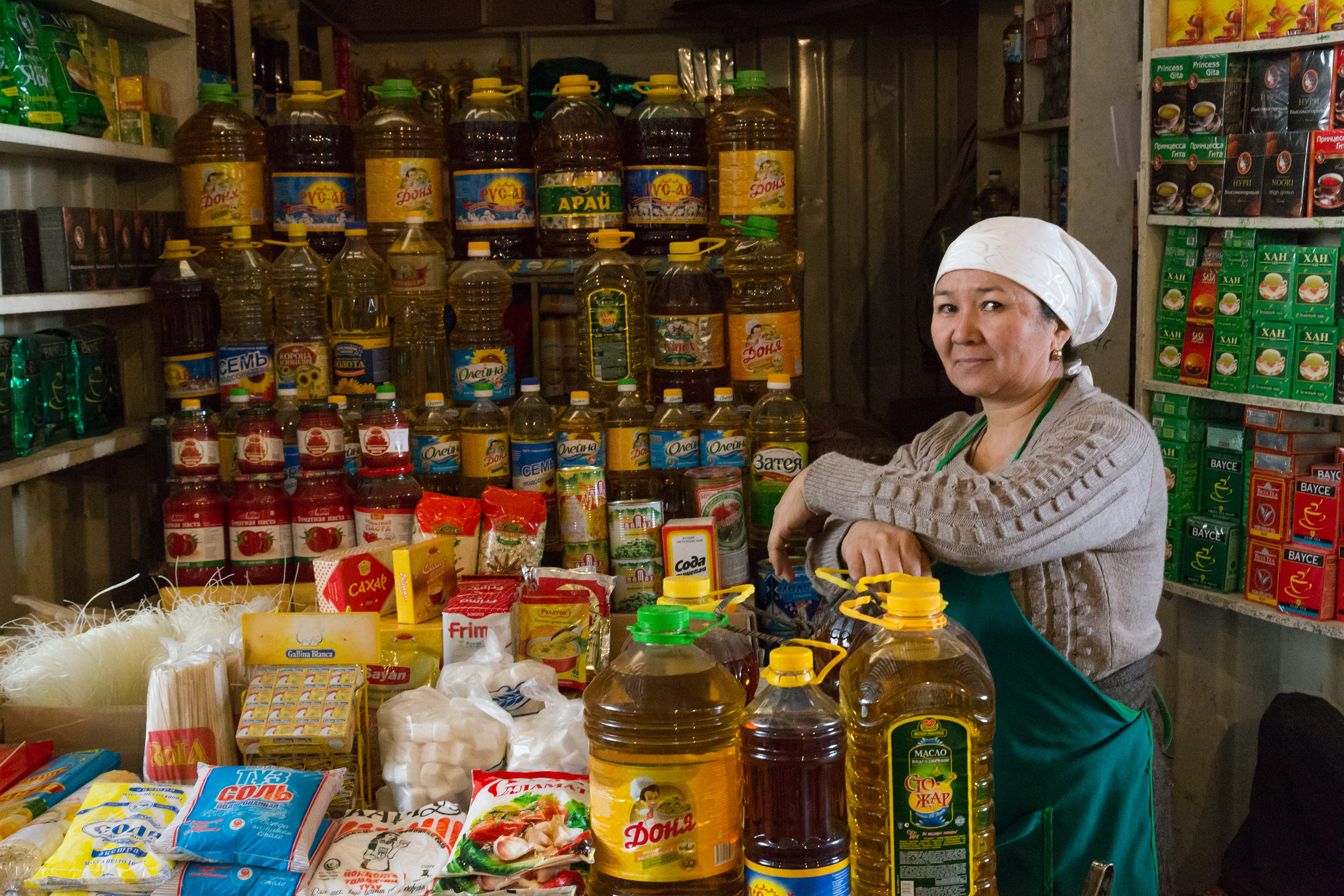The overall objective of this project is to study the position of women in the labour market as well as policies that shape their position in Kyrgyzstan and Tajikistan, two low-income countries in Central Asia. We focus on three core dimensions. First, we are concerned with the type of work that women perform in the labour market and the quality of their jobs. Second, we examine the determinants of female labour force participation and intend to identify causal effects. Third, we evaluate the impact of policy changes on labour force participation of women and household welfare.
Our motivation for this project comes from the fact that women’s position in the labour market has not received much attention to date in many low-income countries. Our research increases the understanding of women’s status in society, which is reflected in their labour market participation. This in turn makes the outcomes of this project relevant to a large number of researchers and policy makers in Central Asia as well as other low-income and transition countries.
We analyse household survey data applying microeconometric techniques and collect one additional wave of an established panel. For most of the analysis, we make use of existing panel data, particularly from the Life in Kyrgyzstan (LIK) survey and the Tajikistan Living Standards Survey (TLSS). Where appropriate, we also use data from cross-sectional data sources, such as the Life in Transition Survey and the Demographic and Health Surveys. As part of this project, we collect the fourth wave of the LIK. Three waves of this survey have been collected by the German Institute for Economic Research (DIW Berlin) with funding from the Volkswagen Foundation. All LIK data is available to the researchers involved in this project and the research community worldwide.
Research uptake and capacity building are at the heart of this project. We disseminate our research findings in the form of working papers, peer-reviewed journal articles, conference presentations, and policy briefs to the research community as well as policy stakeholders. We maintain an active dialogue with government institutions, international organizations, and regional and bilateral development agencies in Central Asia, Europe, and the United States to make sure that our research is relevant to and informed by them. The researchers involved in this project conduct joint research which builds up capacity among junior staff, especially in Central Asia.
